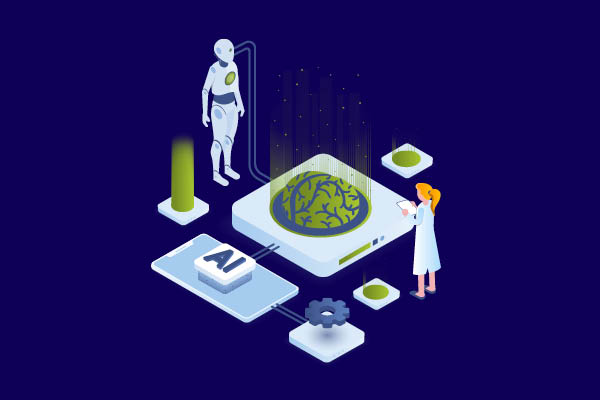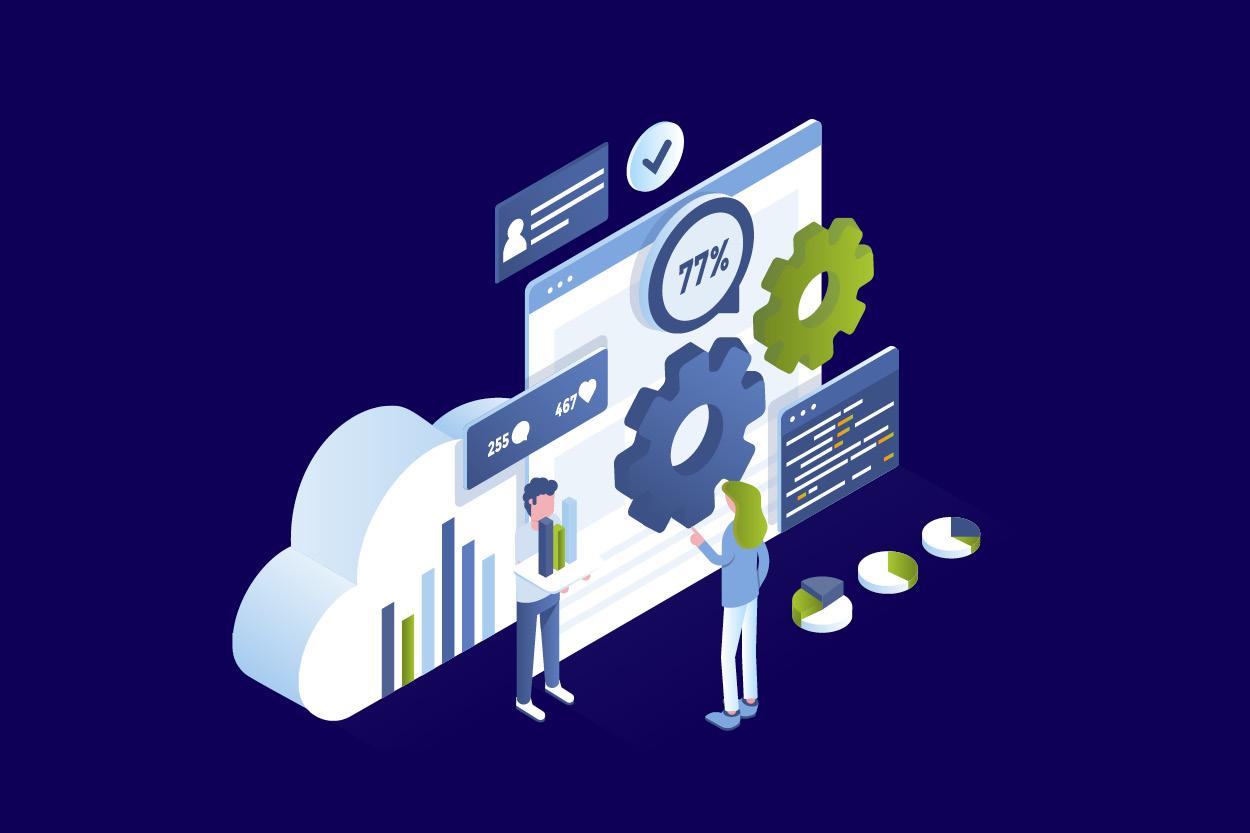March 26, 2023

How to Identify and Meet Your Door Openers
How can you identify and get to know the people who are in the right position to open the door for you? In a recent webinar, Nirit Elyovich, our VP Strategy, shared some key insights.
Whether you are refining your existing value proposition to maximize its potential, launching a new product line that appeals to a different audience, expanding into a new vertical or penetrating a new market, there’s one common denominator that plays a vital role in your marketing strategy — meeting and influencing your door openers.
Whose Doors Should You Be Knocking On?
It’s the million dollar question. How do you successfully identify the key personas who will open the right doors for your company?
It’s not always clearcut. There are many decision makers inside and outside organizations. It’s especially true in the B2B world, where there are a rich variety of decision makers in the purchasing journey.
Knowing who to speak to is the key to opening the right door. That means understanding —
- Who are the door openers?
- How can you get to know them better?
Who are the door openers?
Who are the personas you’d like to talk to about your offer? What do you need to know about them?
Do not skip this part!
Identifying the personas you want to reach is a critical point in the process. It’s easy to slip into automatic mode and talk to the people you already know. It doesn’t always work. Take a moment to think again.
3 Tips to Choosing the Right Personas

1. Stay as close to the beginning of the purchase journey as possible
The role of marketing is to generate demand. The earlier we meet the interested parties at the beginning of the purchase journey, the more we will increase our chances of entering the consideration set — to be one of the suppliers they are considering.
This is the point when they realize that there is a problem. As the need arises, they begin to learn about the alternatives that exist in the market. It’s time for you to enter the picture.
Key takeaway: Find the earliest point in the purchase journey, even before your potential customers start contacting suppliers.
2. Expand your search beyond the obvious and cast a wider net – to influencers and KOLs
Entire industries are undergoing a shake-up and need to update their business strategy. In this scenario, it’s strategic consulting companies that will be recommending new business directions to them. If a high-profile consulting company recommends you, you’ve done your part. Obviously, they won’t recommend you if they don’t know about you. But if you recognize them as the ones who can open the door for you and you bring your company to their attention, new horizons will open up for you.
If you’re working in the same space with complementary companies, leverage it. As an example, companies in the agritech space are all targeting the same growers. They don’t compete but complement one another. Growers are already working with a company trusts them. If they recommend you, then your chances of setting a meeting and staying to build a relationship, are far greater.
Key takeaway: Differentiate yourself and try to reach your door openers through avenues that others haven’t yet discovered.
3. Copy your ideal customer
Think of a customer of yours that you would like to duplicate. Your potential dream client — the one who, if you get it right, will allow you to duplicate your offer to lookalike clients.
It’s really what a persona is all about — a typical figure that represents your target audience. The idea is to learn from the individual and expand it to a broader audience. If it’s too niche and cannot be replicated, it won’t really help you.
Key takeaway: If it works, do it again!
How can you get to know your door openers better?
Each persona has their own “buttons”, that when pushed cause them to act. If you know what motivates your door openers, you’ll be able to reach them. That’s why it’s important to build a profile for each persona you’ve chosen.

Every persona, even in the same organization, is motivated by different things. There’s no single message that motivates everyone. To get a clearer picture, ask yourself these questions:
- What tasks need to be done — What is on the decision maker’s plate? Typically, people only listen if it’s in their scope of activity. This is critical!
- What are the aspirations of each persona — What do they want to achieve within their role? In short, what are their “gains?”
- What are their pain points — What makes it difficult to achieve their goals?
When defining their gains and pains, take into consideration that people are complex and are motivated by business, professional, and, no less important, personal considerations.

To convince someone to let you in the door, they must be convinced that it will bring significant value both to the company and themselves.
Meir Ariel sings, “The doors guess who I am and open by themselves.” It would be great if that was true in the business world, where the doors we are looking don’t recognize us and won’t open by themselves.
Knock, knock, knocking on the right door
To sum up, when you focus on the beginning of the customer journey, expand your view to less obvious places, and know which persona profile you’re looking for, there’s a good chance you will reach the people who can open the door for you. Then all you have to do is enter.










































